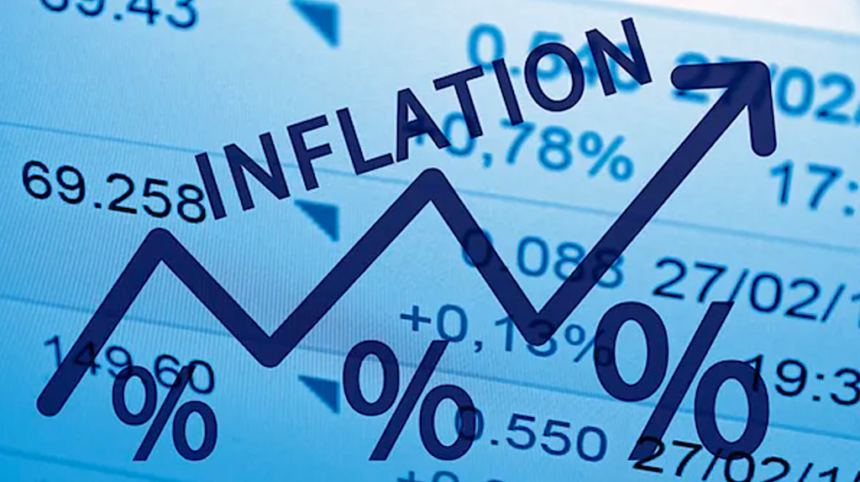Financial experts across the country have begun to give their opinions after Nigeria’s inflation eased in August 2025, for the fifth time in 2025.
Pan-Atlantic Kompass reports that the National Bureau of Statistics (NBS), in a report, revealed Nigeria’s headline inflation eased to 20.12% in August 2025, down from 21.88% in July.
The NBS report, released on September 15, 2025, also revealed a year-on-year decrease of 1.76 percentage points from July, driven by moderated food and core inflation components.
On a month-on-month basis, the inflation rate stood at 0.74%, a notable slowdown from 1.99% in the previous month. Urban inflation eased to 19.75%, while rural areas saw a slightly higher rate of 20.28%.
Core inflation, excluding volatile farm produce and energy prices, fell to 20.33%, down 7.25 points from August 2024.
While, Nigeria’s inflation eased for the fifth consecutive time, Nigerians have continued to lament that economic hardship has persisted.
Experts have cautioned that while the slowdown offers some relief, widespread economic hardship continues to grip households, with food insecurity and poverty levels remaining alarmingly high amid ongoing reforms.
Reacting, to the situation, Dr. Muda Yusuf, Chief Executive Officer of the Centre for the Promotion of Private Enterprise (CPPE), described the trend as a positive sign of increasing economic stability.
“My immediate reaction is that it’s a very good development. We are seeing a very good change of consistent deceleration inflation. It’s also an indication of increasing stability in the economy. It’s a reflection of the fact that the macroeconomic environment is getting better. That’s a reflection of the fact that the economy and investors generally have fully adjusted to the realities of the reforms,” Yusuf stated.
However, he cautioned that declining inflation does not automatically translate to lower living costs.
“Reduction in inflation is not the same thing as a reduction in price. What we need are specific, targeted policies to deal with the issue of the cost of living, and this will involve a combination of policies – fiscal, monetary, investment, trade, tariffs, activities, all these policies.”
Yusuf also argued that it was time for the Central Bank of Nigeria (CBN) to review its tightening stance.
“I agree with the position that the Monetary Policy Rate (MPR) should be reduced because monetary policy is extremely tight at the moment. Investors are still grappling with high costs of borrowing, and easing interest rates would help boost production and investment,” he concluded.
Also speaking on the development, Idika Aja, an economic analyst expressed relief at the drop in inflation rate but cautioned that many Nigerians still experience hardship.
“Yes, the rise in the inflation rate is slower than before; however, most Nigerians still struggle to survive. Even if prices are not rising as fast as they were, they are still high and out of the reach of many Nigerians. Their purchasing power is decimated, and it will only take higher wages to get them to afford things.”
Similarly, the Chief Executive Officer of SD & D Capital Management, Gbolade Idakolo, said that CBN must reduce interest rates before Nigerians can start feeling the positive side of inflation.
He said high interest rates make it impossible for inflation drops to have an impact on Nigerians.
According to him, interest rate reduction would bring down the pressure on the real sector and cause a considerable reduction in the cost of goods and services.
Idakolo asserted: “The easing of inflation to 20.12% could make the CBN cut interest rates at the next MPC meeting. The CBN policy on interest has consistently reduced inflation month on month for the past 4 months, and it is a signal that the economy is taking a positive turn.
“However, consistent interest rate hikes have really affected the real sector, with the manufacturing and services sectors feeling the pinch and, in turn, causing a continuous increase in goods and services.
“Reduction in interest rates could reduce pressure on the real sector and cause a considerable reduction in the cost of goods and services.
“Generally, the impact of a reduction in inflation is yet to be felt across the board because the cost of doing business is still high, and the real economic dividends of easing inflation have not improved the cost of living.”





